If you track the last half-century of University of Memphis basketball, you’ll find a lot of success on the hardwood. You’ll also find what amounts to a signature season in virtually every decade. In 1973, Larry Finch, Ronnie Robinson, and Larry Kenon took an unforgettable Tiger team all the way to the championship game before falling to mighty UCLA. The 1985 Tigers returned to the Final Four in Keith Lee’s final season. In 1992, a sophomore sensation by the name of Penny Hardaway led an overlooked Tiger squad to the Elite Eight. Then in 2008, freshman Derrick Rose and a group of veteran stars went 38-2, losing an overtime heartbreaker to Kansas for the national championship. Four decades . . . four signature seasons.
Then, we had the 2010s. Nary a losing season, but also nary a signature season. The Tigers reached the NCAA tournament four straight years (2011-14), but never advanced to the second weekend (Sweet 16). Tubby Smith’s two years as coach (2016-18) were as awkward as Josh Pastner’s final two. Penny Hardaway — the greatest living Tiger legend — took over the program in 2018, but needed four seasons to lead a team to the Big Dance.
And what a dance it appeared to be for the 2021-22 Tigers. After beating Boise State in the opening round, Memphis led Gonzaga — the top-ranked team in the country — by 10 points at halftime before falling, 82-78, last Saturday in Portland. A lengthy tournament drought is over, but it’s now been 13 years without a Sweet 16 appearance for Memphis. And 14 years, really, since something we could call a signature season in these parts.
That special season is coming. If the Tigers’ battle with the Zags isn’t enough to convince you, consider their two beatings of the Houston Cougars, one by 10 points at Houston in February, the other by 14 points at FedExForum in March. The Cougars, you might be aware, play Villanova Saturday for a chance at a second-straight Final Four appearance. The Memphis Tigers are “there” without quite being there. Back, but not entirely.
After the Tigers handled Houston in their regular-season finale on March 6th, Hardaway noted the culture change that took place around his team as they reeled off 10 wins in their final 11 games. “We understood what the mission was. The way we could lock in, we weren’t looking ahead. Every game: 1 and 0. Staying in the moment, putting ourselves in a position to compete. We locked down, and relied on one another.”
We relied on one another. Are there any five words that more honestly capture the meaning of a team? The meaning of a team’s mission? The Tigers came up short of the program’s goal — certainly Penny Hardaway’s goal — this winter, but there seems to be a template now in place, one the coach and his returning players can utilize in seasons to come.
Not every player will return, of course. Jalen Duren — the American Athletic Conference’s Freshman of the Year — will be playing in the NBA a year from now, a sure lottery pick in June’s draft. Another freshman, Josh Minott, is departing for the professional ranks. The NCAA transfer portal is open for any and all other Tigers to move on should they feel greener pastures lie elsewhere. That portal is just as open for Hardaway to add an impact player or two for the 2022-23 campaign.
As for adjustments, Hardaway would be wise to emphasize the value of November and December to a college basketball team. A four-game losing streak after the Tigers opened last season with five victories made the rest of the schedule a climb to respectability and seriously compromised chances Memphis might land a seed higher than ninth for the NCAA tournament. Secure those non-conference games, then flex muscle in AAC play and you have the makings of, yes, a signature season.
We now know what a decade without a signature season in Memphis feels like. When will we enjoy the next one? You can be sure of this: We’ll recognize it when it happens.
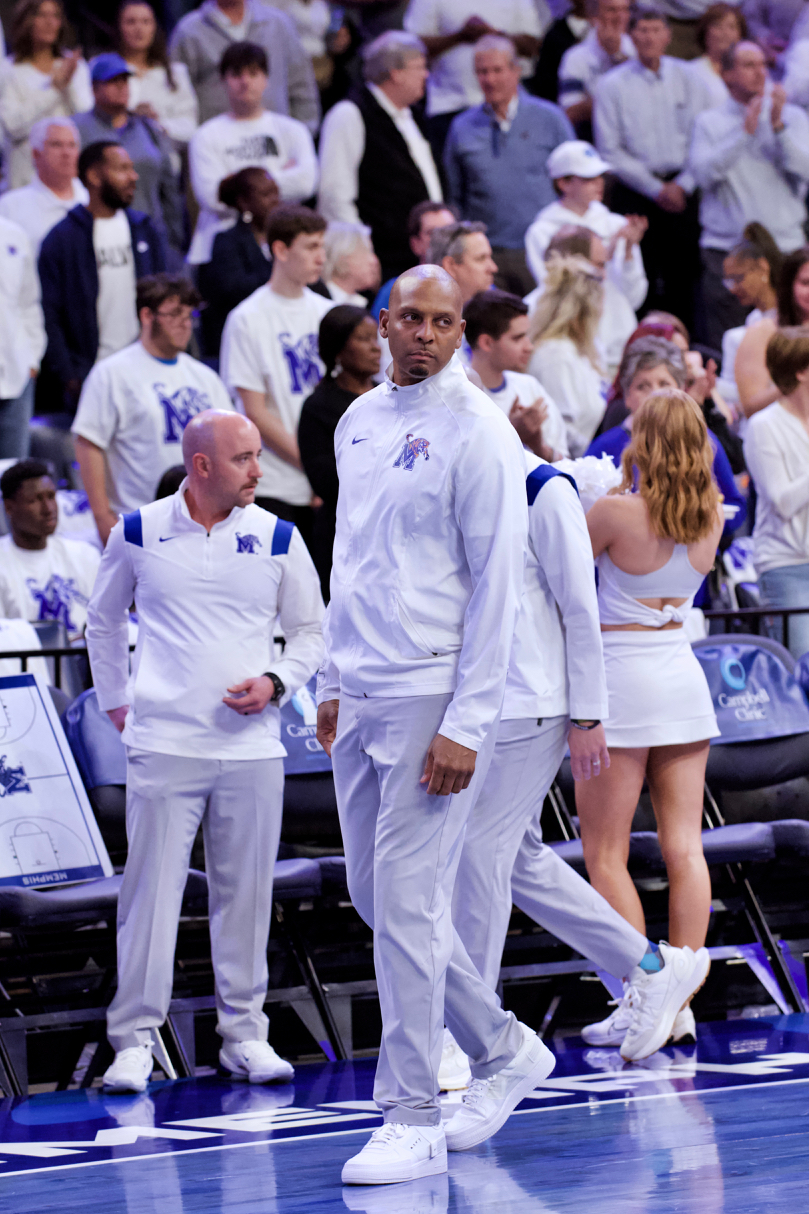
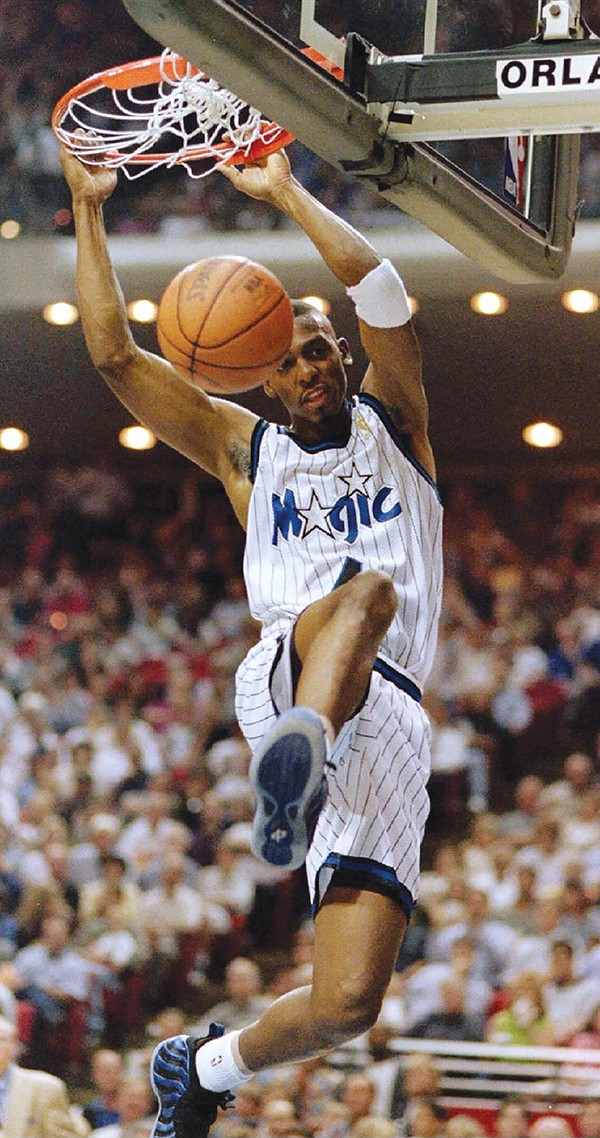 Pierre Ducharme | Reuters
Pierre Ducharme | Reuters 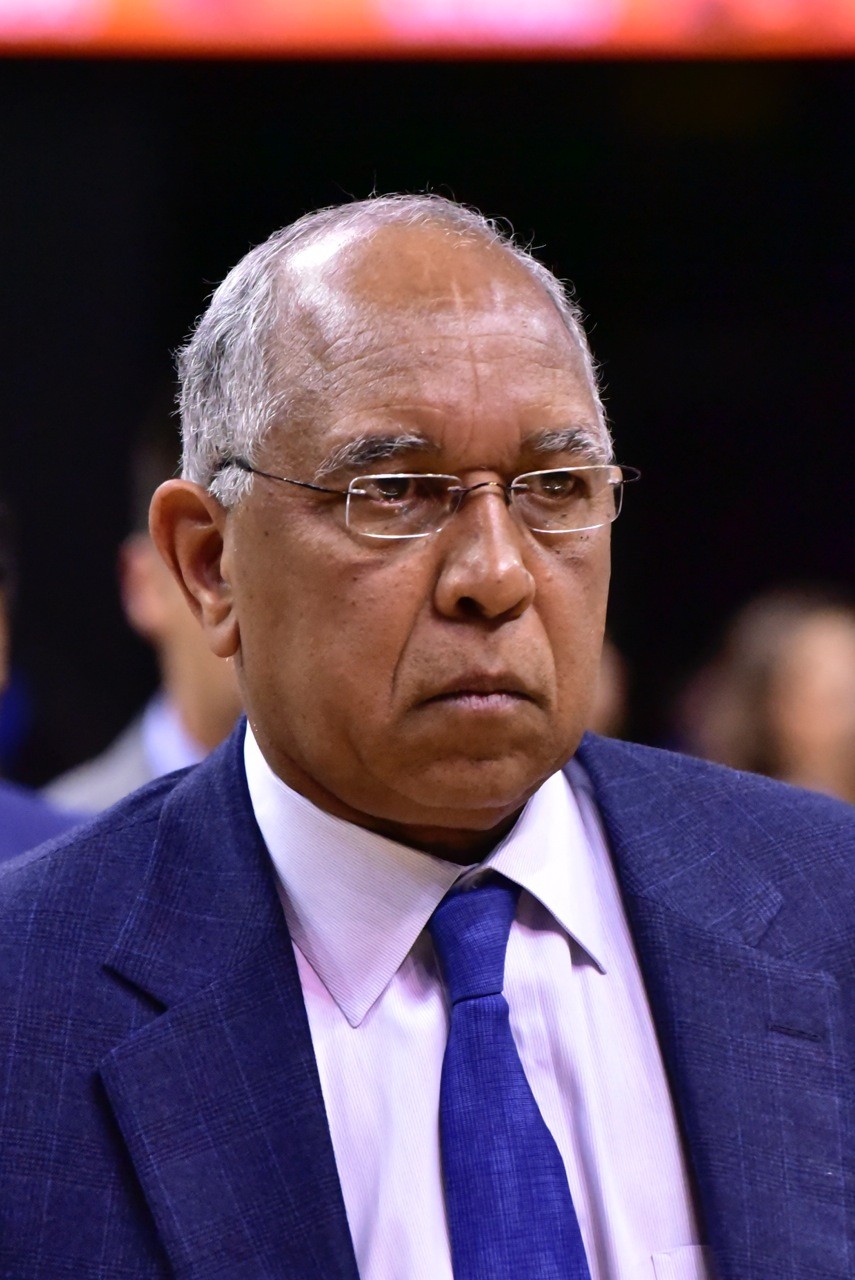 Larry Kuzniewski
Larry Kuzniewski 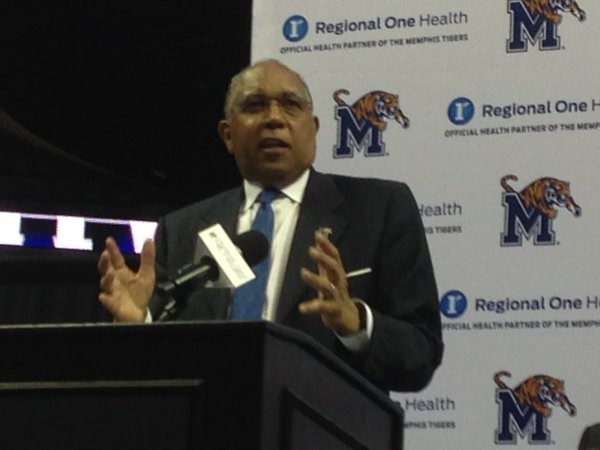 Tubby Smith at UM Press Conference
Tubby Smith at UM Press Conference 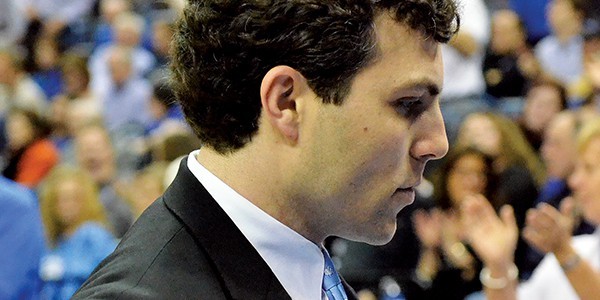 Larry Kuzniewski
Larry Kuzniewski  Larry Kuzniewski
Larry Kuzniewski  Larry Kuzniewski
Larry Kuzniewski